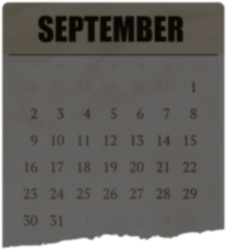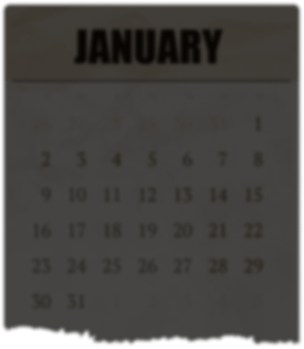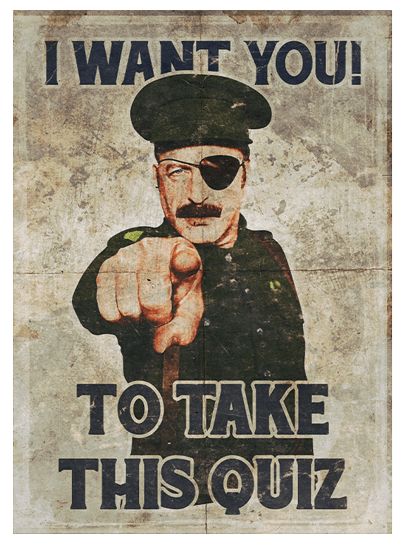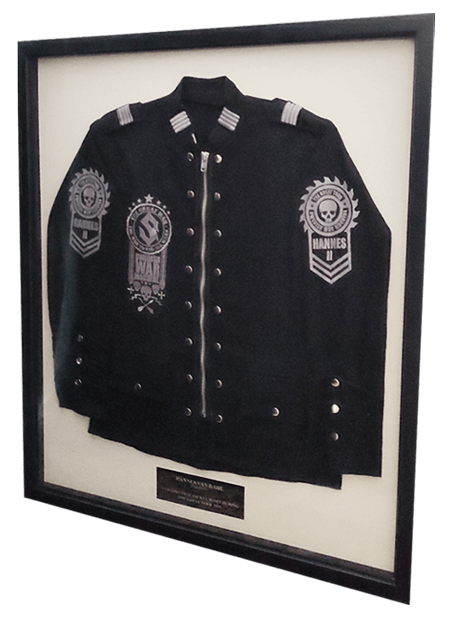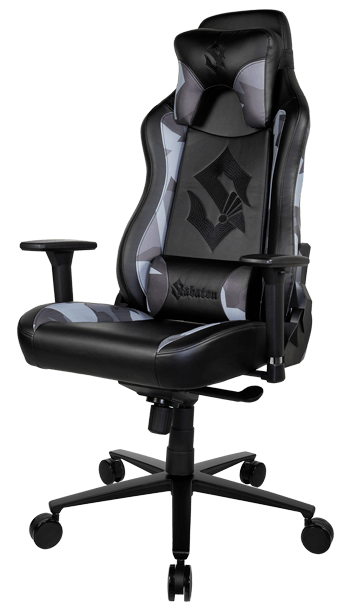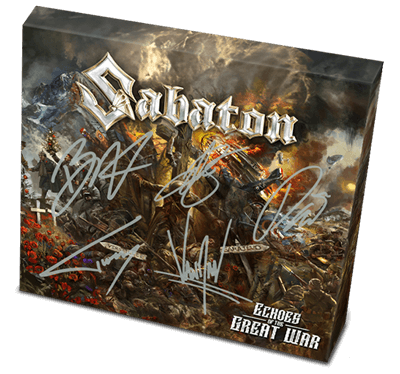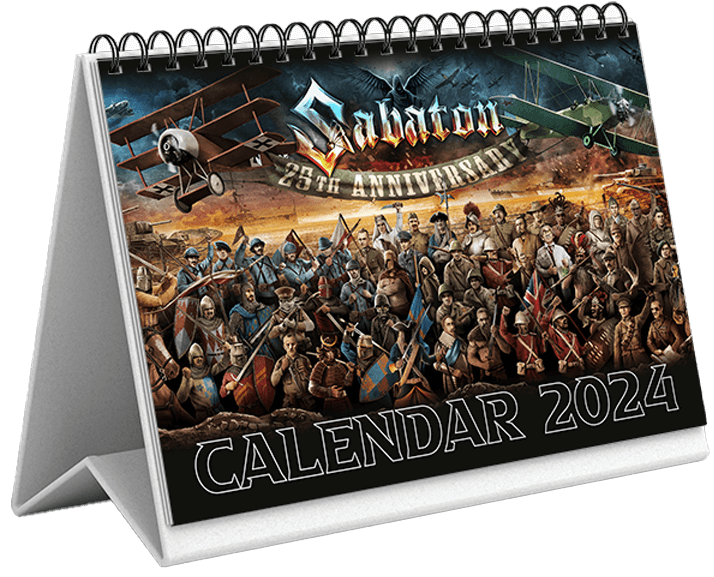Back in control
The Falkland Islands are roughly 8,000 miles from the shores of the British Isles.
In 1980, the archipelago’s population of some 1,800 was slowly declining, but Britain seemed unwilling to invest time or energy into its long-term future. It also seemed like it could not have been further away from world politics.
However, in Argentina, just 300 miles away, the islands were known by another name – the Malvinas. At this point, Argentina had been haunted for decades by periods of political and economic instability. In 1976, a military junta had taken control of the country, and in December 1981, after further political infighting, Army General Leopoldo Galtieri rose to the top.
He declared that the British had illegally seized the islands in 1833 from the Spanish, and since Argentina’s independence, that territory rightfully belonged to the Argentines as the successor to Spanish controlled territory.
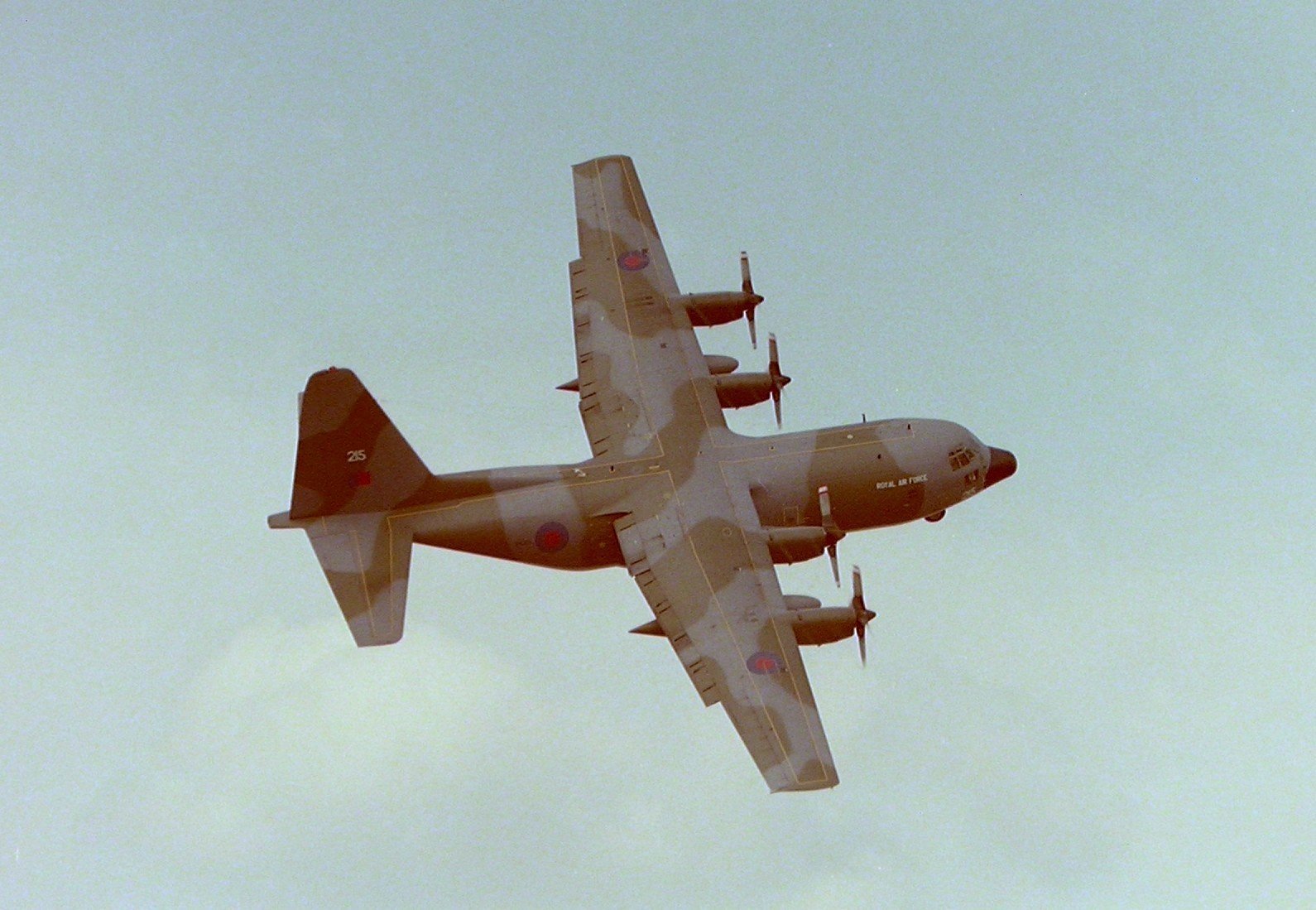
On the 150th anniversary of Britain taking control of the territory, Galtieri promised to take back the Malvinas, and if necessary, he would recover them by force. This of course was a political move over anything else. The junta was unpopular with large segments of the Argentines and was repeatedly accused of disregarding both the law and human rights. By reclaiming the Malvinas, the junta hoped to inspire patriotic fervour and rally the people. Back in 1968, Great Britain had actually asked the people on the Falklands if they wanted to be part of Argentina under a lend-lease agreement, but the majority of the islanders wanted to stay with Britain. Now in 1983, Britain was led by an increasingly unpopular conservative government under Prime Minister Margaret Thatcher, known as the ‘Iron Lady’, for her reputation of being both tough and resolute. Thatcher, however, although in the middle of a budget cut for the armed forces, was not about to concede the Falklands, and all of Galtieri’s demands were refused.
Preparing to invade
Argentina was then swept by a propaganda campaign of ‘recovering the Malvinas’ while the army secretly prepared for an invasion. The problem was, the propaganda was so effective that at the end of March, out on South Georgia Island, Argentine workers declared their own separation from Great Britain, forcing Galtieri to act quickly.
On April 2, 1982, Argentine forces invaded the Falkland Islands. Caught off balance, the small force of British Royal Marines defending the island fell back towards Stanley, the capital. Armoured cars and Argentine snipers quickly surrounded the city, though. The Argentine forces were told to avoid British casualties, since this could lead to an all-out war, which both sides wanted to avoid, so they urged the British troops to surrender. By midday, they did so without casualties, and once the airfield was in Argentine hands, the main army flew in, garrisoning the island.
By the end of April, the Falklands had as many as 10,000 Argentine troops there, hoping to present the British Empire a fait accompli and get away with it.
Military task force
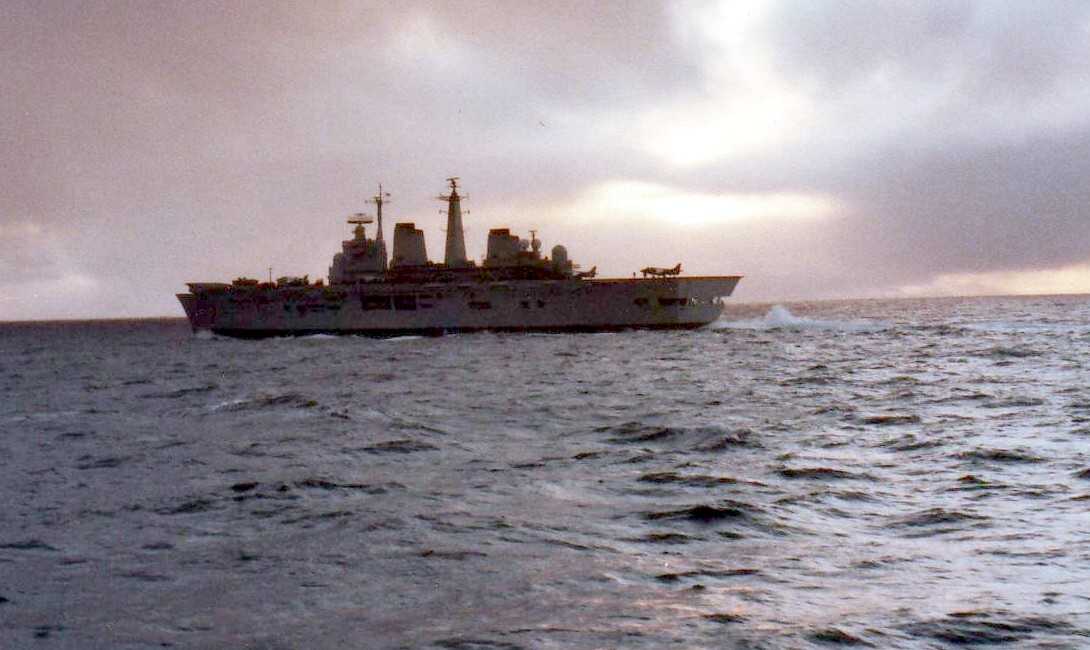
In London however, after meeting with First Sea Lord Sir Henry Leach, Thatcher approved the assembly of a military task force, which was quickly mobilised. Centred around the aircraft carriers Hermes and Invincible, the task force of 127 warships, supply ships, and troop-carriers journeyed 8,000 miles south.
South Georgia was quickly recaptured on April 25, and the task force ventured on towards the Falklands. The British government had declared a 200-mile war zone around the islands, intending to retake them without declaring war on Argentina. Many military planners at the time thought this to be a rather difficult – if not impossible – task.
So far from home, British logistics were stretched to the maximum and the Argentine forces outnumbered them.
On May 1, as British destroyers and frigates began closing in on the Falklands, the Argentine air force struck. While most of its planes consisted of outdated US and French made fighter-bombers who lacked accurate computerised target and radar assistance, the Argentine air force had recently acquired the modern French Super Etendard, armed with the Exocet anti-ship missiles. The Argentine navy had in all actuality made plans for a totally suicidal surprise attack on the British carriers, but ultimately decided against it.
On May 2, the old Argentine cruiser ‘General Belgrano’ was hit by a torpedo from the British nuclear submarine Conqueror. The sinking was outside the war zone, though, and sparked real international controversy when 323 men went down with the ship. The junta was certainly discouraged. The main Argentine fleet was now to remain in port, except for its submarines and naval aircraft.
Though operating at the extreme limits of the Argentine air force, the British were well aware that losing even one carrier would likely mean the end of their offensive. Something similar to the fate of the HMS Sheffield on May 4, whose anti-aircraft defences failed to protect the ship, and was hit and sunk by an Argentine Exocet missile.
The British Sea Harriers were superior to the older Argentine Mirages and Skyhawks, but the British failed so far to secure aerial superiority, which was vital for a successful ground invasion.
Bomb Alley
On the Falklands themselves, the Argentine ground forces, nearly 10,000 strong under General Mario Menéndez, began concentrating their defences and fortifications around the capital and the airfield. If their enemy tried make a direct landing here, they would run into strong defences backed with armoured cars and artillery. The British had other ideas though.
They planned their invasion where the Argentines would not expect them, near Port San Carlos on the other side of East Falkland Island. On May 21, British Royal Marines and Commandos landed. At first, the landing was unopposed, and the British had time to gather strength and supplies. The Argentines soon moved against them and had more men and heavy weapons, but their commander insisted on a static defence instead of a counterattack against the British beachhead – which was understandable, considering the British Naval guns, but it also gave the British even more time to gather strength.
The Argentine forces dug in on the ridges and aimed their machine guns and rocket launchers at the now advancing British infantry. Heavy fighting followed at Goose Green and Mount Kent over the following days. Once the landing had begun, it was easy for the Argentine air force to find and engage the enemy ships, as the British navy was at its most vulnerable, and Argentine bombers inflicted heavy damage. The beachhead became known as ‘Bomb Alley’.
By May 25, one container ship and two British Navy frigates had been sunk. Three other frigates, two destroyers and three container ships were damaged. This not only hurt the supply lines at and near the landing, but also bound the British navy in place, preventing them from doing anything else.
The Brits prevail
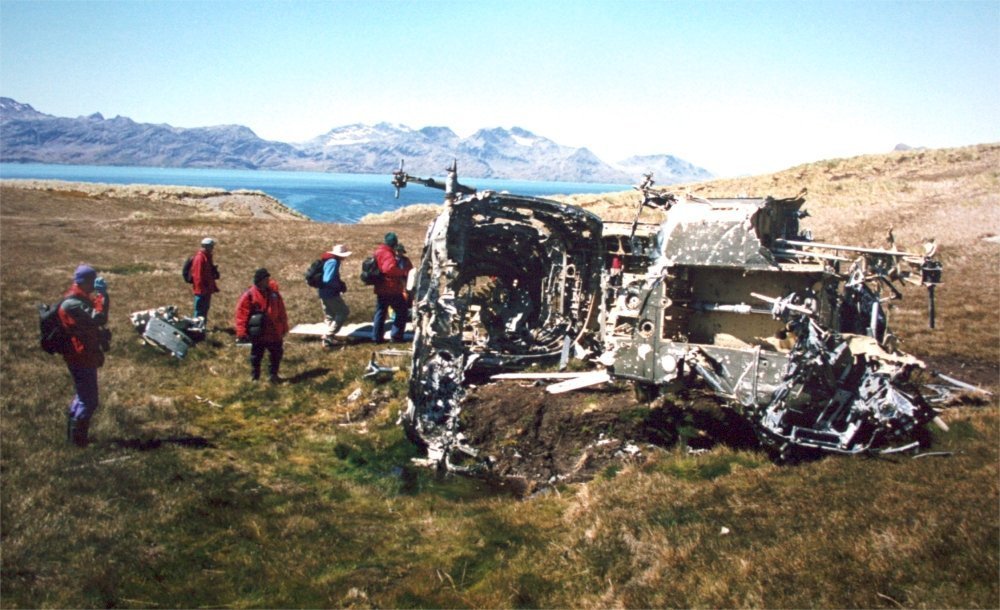
If the Argentines had had more naval units in place or more effective aircraft available, they could have turned the invasion into a defeat, but despite their success, they began losing planes fast. Things like British ground-to-air Rapier missiles did a lot of damage and soon, the conflict turned in the British favour. British infantry and commandos, even outnumbered, broke through to the south, taking smaller settlements on their way to Stanley. On June 11, the British infantry took the last Argentine positions west of Stanley, and the Navy cut the port off by sea. The Argentine garrison was well dug in but was eventually surrounded. Still, they continued to resist, firing from the mountains and ridges, and even forcing the British into hand-to-hand combat.
The weather was bad, the temperature sank, and it rained mercilessly. On June 13, after an attack on the Argentine positions on Mount Tumbledown, the Argentine commander surrendered. The occupation of the Falklands had ended, and the British were back in control.
The combat period was relatively short but intense. Britain captured 11,400 Argentine prisoners, though they were soon released. Some 650 Argentine soldiers and 225 British soldiers were killed during the conflict.
In the end it all came back to politics. While the victory raised Margaret Thatcher’s ratings to an all-time high and ensured that the conservative party remained in power, the defeat had seriously undermined the political position of the Argentine junta and was to be the final nail in their coffin. They were soon overthrown by a civilian government.
The Falklands War heavily inspired our song ‘Back In Control‘ which is featured on our album, Attero Dominatus. Take a look at the lyrics we wrote here.
If you prefer a visual interpretation of this story, watch our Sabaton History episode ‘Back in Control – The Falklands War’:
